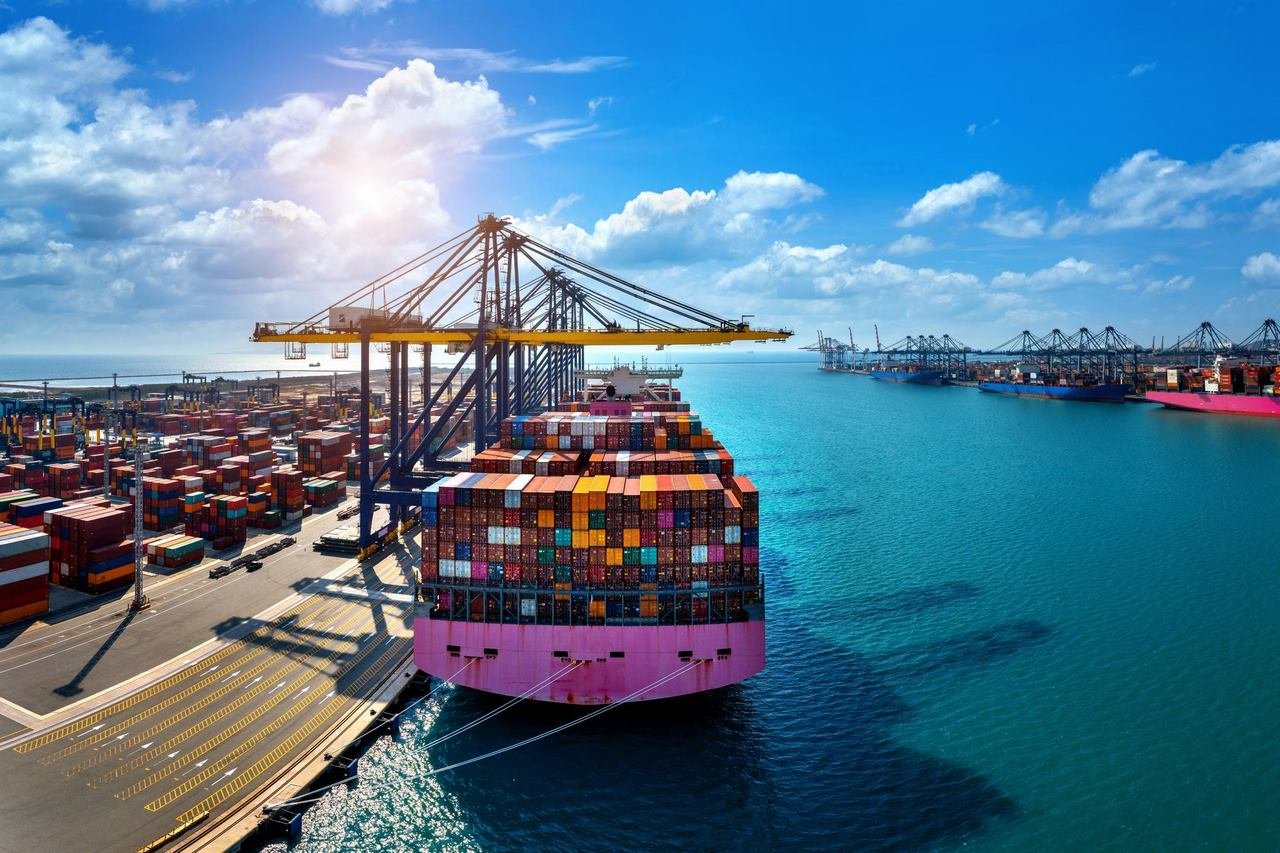In the dynamic world of international raw material trading, logistics serves as the backbone that ensures the seamless movement of goods across borders. Companies like Steelbridge Export have recognized the pivotal role logistics plays in maintaining efficiency, reducing costs, and ensuring timely deliveries.
The Role of Logistics in International Raw Material Trading
As global trade continues to evolve, understanding the intricacies of logistics becomes essential for businesses aiming to thrive in this competitive landscape.
Understanding the Logistics Landscape
Logistics encompasses the planning, implementation, and control of the movement and storage of goods, services, and information within the supply chain. In the context of international raw material trading, logistics ensures that raw materials are transported from suppliers to manufacturers efficiently and cost-effectively. This includes managing transportation modes, warehousing, inventory control, and information flow.
The EPCF Model: A Comprehensive Approach
The EPCF model—Engineering, Procurement, Construction, and Financing—offers a holistic approach to project development, particularly in large-scale industrial projects. By integrating these four components, the EPCF model streamlines processes, reduces risks, and enhances coordination among stakeholders. In international raw material trading, adopting the EPCF model can lead to more efficient logistics operations, as it aligns engineering and procurement strategies with construction timelines and financial planning.
Customs Clearance for Industrial Goods
One of the most critical aspects of international logistics is customs clearance for industrial goods. This process involves preparing and submitting the necessary documentation to facilitate the import and export of goods. Efficient customs clearance ensures that raw materials reach their destinations without unnecessary delays or additional costs. Key elements include accurate documentation, compliance with international trade regulations, and understanding tariff classifications.
Transportation Modes and Route Optimization
Selecting the appropriate mode of transportation—be it sea, air, rail, or road—is crucial in international raw material trading. Each mode offers different advantages in terms of cost, speed, and capacity. Moreover, optimizing routes can lead to significant cost savings and improved delivery times. Advanced logistics software can assist in analyzing various factors, such as distance, fuel costs, and transit times, to determine the most efficient routes.
more: Top 3 Strategies for Cost-Effective Metal Procurement
Warehousing and Inventory Management
Effective warehousing strategies are essential for storing raw materials safely and efficiently. This includes choosing optimal warehouse locations, implementing inventory management systems, and ensuring proper handling and storage conditions. Efficient inventory management minimizes holding costs and reduces the risk of stockouts or overstocking, thereby maintaining a smooth supply chain.
Technology Integration in Logistics
The integration of technology in logistics has revolutionized the way businesses manage their supply chains. Technologies such as GPS tracking, warehouse management systems, and automated inventory control have enhanced visibility and efficiency. Additionally, data analytics can provide insights into performance metrics, helping businesses make informed decisions and continuously improve their logistics operations
Risk Management and Compliance
Managing risks and ensuring compliance with international trade regulations are paramount in logistics. This involves staying updated with changing regulations, understanding trade agreements, and implementing robust risk management strategies. Regular audits, employee training, and collaboration with experienced customs brokers can help mitigate risks and ensure compliance.
Sustainability in Logistics
Sustainable logistics practices are becoming increasingly important as businesses aim to reduce their environmental impact. This includes optimizing transportation routes to reduce fuel consumption, utilizing eco-friendly packaging materials, and implementing energy-efficient warehouse operations. Adopting sustainable practices not only benefits the environment but can also lead to cost savings and improved brand reputation.
Conclusion
Logistics plays a vital role in the success of international raw material trading. By embracing comprehensive models like the EPCF model, ensuring efficient customs clearance for industrial goods, and integrating advanced technologies, businesses can enhance their logistics operations. As the global trade landscape continues to evolve, companies that prioritize efficient and sustainable logistics practices will be better positioned to navigate challenges and seize opportunities.
visit epc.com.
FAQs: Logistics in International Raw Material Trading
- 1. Why is logistics crucial in international raw material trading?Logistics ensures the efficient movement of raw materials across borders, optimizing transportation, warehousing, and customs processes. Effective logistics reduces costs, minimizes delays, and ensures supply chain continuity—key factors for competitive advantage in global trade.
- 2. How does the EPCF model improve logistics efficiency in raw material trading?The EPCF model (Engineering, Procurement, Construction, and Financing) synchronizes procurement with engineering and construction timelines. This alignment improves logistics planning, streamlines material flow, and enhances project execution in large-scale industrial operations.
- 3. What are the challenges of customs clearance in raw material logistics?Customs clearance involves navigating complex documentation, tariff classifications, and trade regulations. Inaccuracies can result in costly delays or penalties. Efficient clearance requires regulatory compliance, accurate paperwork, and experienced customs handling.
- 4. Which transportation mode is most effective for industrial raw materials?The optimal transportation mode—sea, air, rail, or road—depends on cost, volume, urgency, and destination. Sea freight is cost-effective for bulk, while air is faster for high-value or time-sensitive materials. Route optimization software helps balance these variables.
- 5. How is technology transforming global logistics operations?Technology enables real-time tracking, predictive analytics, automated inventory management, and route optimization. These tools increase visibility, reduce errors, and enhance operational agility, giving companies like Steelbridge Export a strategic edge in global supply chains.










